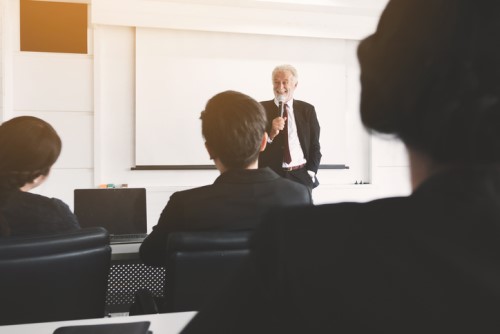

Climate change is an issue that throws up many uncertainties, and one of its biggest questions hits insurers directly – who is going to pay for it?
Bryce Davies, executive manager of corporate relations at IAG New Zealand, says that in a ‘fair’ response to climate change, insurance absolutely needs to play its role. He says the first thing all companies should be doing is reducing their carbon footprint, but that, ultimately, the insurance sector will have many relevant insights to share – and many responsible economic decisions to make.
“We’re already seeing 1.1, some say 1.2 degrees of warming since pre-industrial levels – but what is new is the pace and scale of the change that is occurring, and the clarity of how little time we have left if we are to avert disaster,” Davies commented.
“Despite this, there is still much that is unclear. We know what changes will occur, but not when. We know the impacts they will have, but perhaps not their extent. We know what we must do in response, but not who pays – or, to put more bluntly, who wins and who loses, and how we make that decision fairly.”
“We can’t let that uncertainty stop us,” he added.
“The foremost thing we should all be doing is reducing our emissions, and ‘do no harm’ should be the principle that guides us all.”
Davies says that if a company isn’t measuring its carbon footprint, doesn’t have scientifically informed targets in place or any plans to meet them, then they aren’t pulling their weight. He says insurers should be working with all of their partners to help reduce emissions, and to make informed decisions as to which businesses they decide to support.
“A fair response to climate change requires insurance to play its part,” Davies said.
“We think about risk, and we need to redouble our focus on what those risks are. We have to be able to understand and model these risks, and the exposure, vulnerability and recoverability of the assets we insure and the people we protect.”
“We also need to support the science and the scientists, and help them help us to understand the changes that are coming,” he added.
“We have unique knowledge and insights that we can bring, and that expertise is around translating physical risks into economic choices. That will enable risk-informed choices to be made by individuals and households, businesses and governments.”
